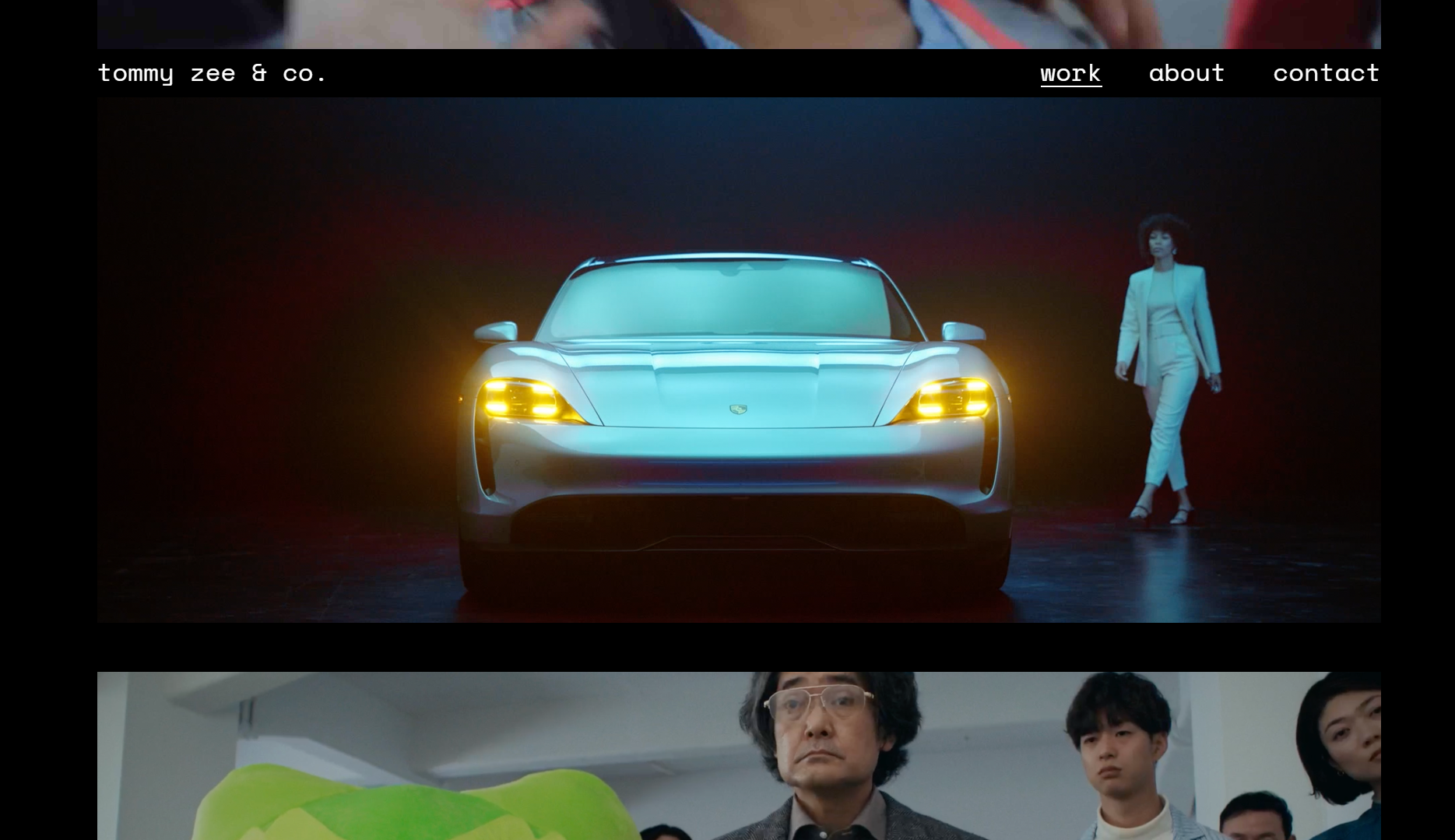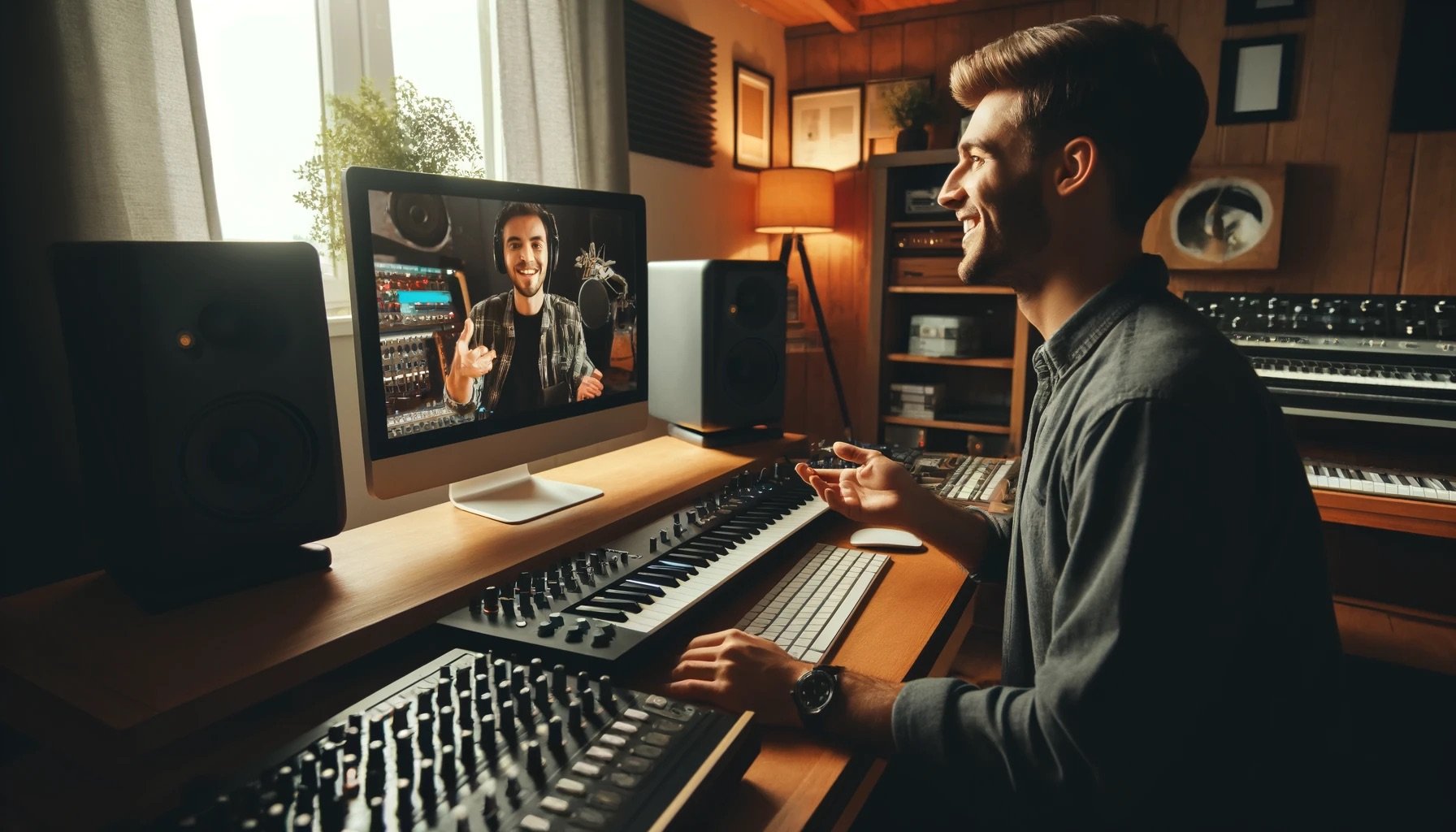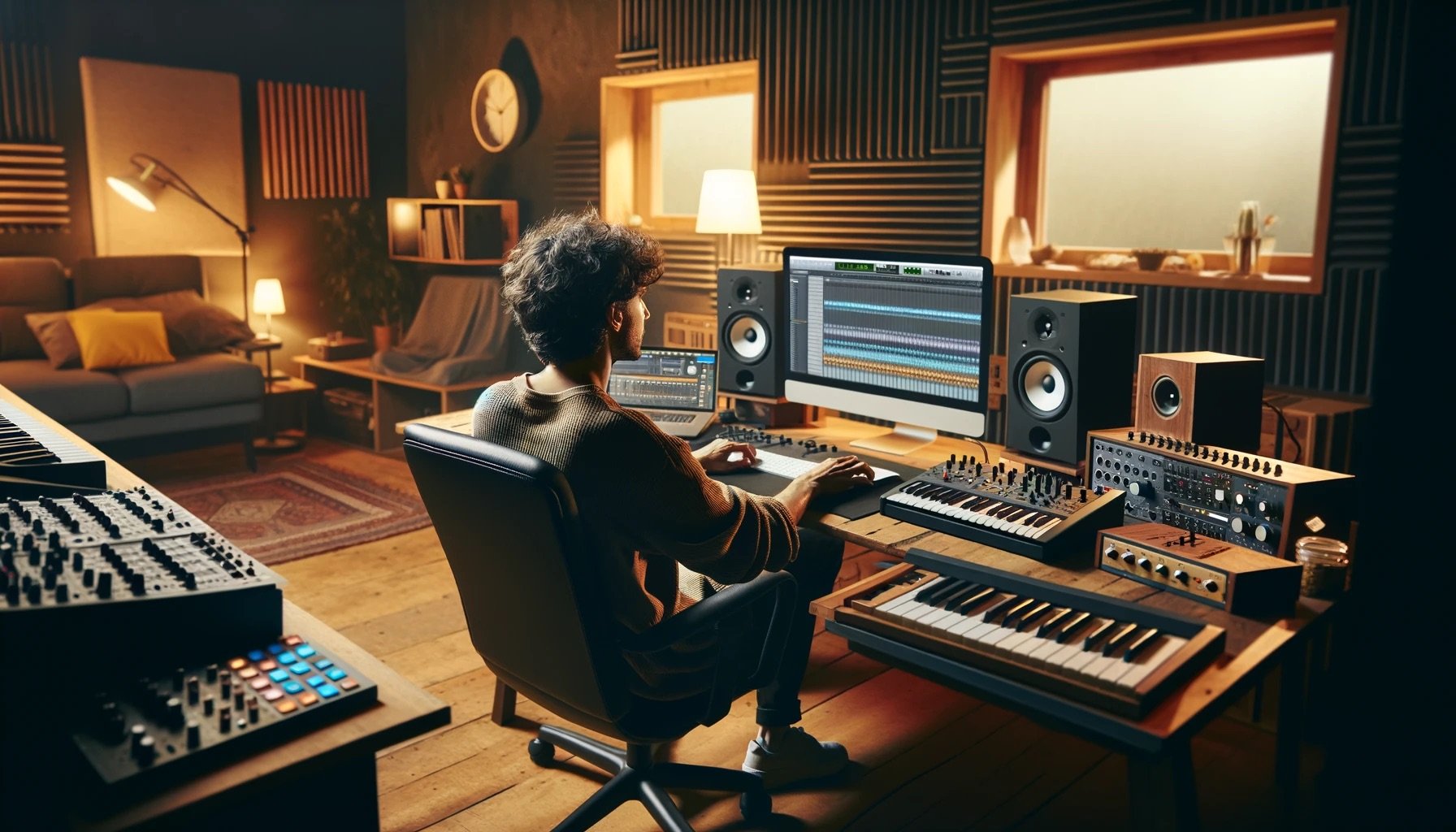How To Get Your First Project (As a Music Composer for Brands)
As independent artist/musicians grow more frustrated with low streaming payouts, making music for brands continues to stand as a profitable alternative for talented musicians with an eye for storytelling. But how are music producers/composers breaking into this alternative career that seems so different from the traditional music industry?
This blog is your guiding light toward landing your first paid project making music for brands. The rules, practices, and expectations we go over today may be completely new to you, even if you’ve had a career in music already.
That’s okay. If you stick with us, you may just discover the music career you’ve always wanted.
Table of Contents
Common Pitfalls: First-time Brand Composers
Sometimes, it’s better to start with what not to do. Let’s look at 2 ways to guarantee you won’t get a brand music project, and what you should do instead.
Pitfall #1: Showcasing the Wrong Music
One huge mistake composers make is sharing music that just wouldn’t work for brands. Composers are essentially trying to sell a product that music production houses (the music gatekeepers for brands) aren't looking to buy.
This might look like sharing a 2 hour ambient album, or a death metal song about the apocalypse (they might be great pieces of music, but they’re a market fit problem). Worst case scenario, you’ll share what you think are your best songs/compositions only to find that a week later, no one has responded to your emails.
Solution: Research the Music that Brands Love
The key to avoiding this pitfall is understanding the music that works for brands. Composers should spend time visiting music house websites to get familiar with what styles and genres brands are already using for their commercials.
Start with visiting our music house - Tommy Zee & Co.
You can take your research even further with Ads of the World, a database of ads from around the globe. By understanding brands’ needs and preferences, composers can tailor their portfolios to meet the expectations of music houses, increasing their chances of winning their first project.
Pitfall #2: Making a Bad First Impression
Another common misstep for new composers is reaching out to music production houses with a self-centered mindset. Their first reach-out might be a length email filled with personal stories, aspirations, and unnecessary details.
While passion and background are important, these long-winded introductions fail to attract busy producers who are looking for professional and succinct emails. This approach can accidently signal a lack of professionalism and a misunderstanding of the business dynamics at play.
Solution: Put the Producer First
The most effective way to capture the attention of a producer is to approach them with their needs in mind. Remember, the producer is looking for talented composers who can immediately help meet the music needs of brands and agencies.
When reaching out, it’s important to position yourself as a solution to their needs rather than focusing solely on your personal journey. Keep your introductions brief, to the point, and relevant to the producer’s job of finding talented artists. Highlight how your unique composition skills and production experience can help solve their problems, and you're much more likely to make a strong, professional first impression.
Your First Music Project for Brands: A Step-by-Step Guide
The ultimate aim for artists/musicians is to motivate a producer at a music production company to choose you for their next brand music project. This happens when they like your vibe, dig your music, and are convinced of your talent as a composer. But how do you get your foot in the door?
Your Reach-Out Email: The First Impression
Getting a producer’s attention will likely start in their email inbox. This email isn't the place to narrate your life story; it's about making a connection and leaving the producer wanting more. Keep it brief, engaging, and focused on what you can offer as a musician.
Link directly to your artist website within the email and make sure your email signature also includes this link, making it effortless for the producer to learn more about you. A well-crafted email should position you as an experienced, industry-savvy composer ready to contribute to their next music project.
Your Website: Starting a Relationship
Producers visit your website not just to hear your music but to understand who you are. The music industry, especially when it comes to brands, thrives on relationships.
Your website should include a professional photo, a bio, elements that convey your unique artistic vibe, and your reel (more on that in a second.) This digital presence is crucial—it's where you build rapport and create interest in potential collaborators.
If you’ve never built a website before, watch Matteo’s 5-minute EASY Website Design For Freelance Musicians:
Your Reel: Showcasing your Music
A reel is a concise, two-minute compilation of your best music, tailored for the music-for-brands industry. Remember, time is a commodity in this business. Producers won't sit through an entire album; they need to determine if you’re a fit for music projects quickly.
Your reel must be sharp, focused, and reflective of the types of music that work in commercial settings. This is your chance to showcase your songwriting expertise and suitability for brand-centric compositions.
The 3 C's of Successful Brand Composers
When stepping into the world of music for brands, 3 key principles should guide every piece of content you create and share:
Clear.
Crisp.
Compelling.
These principles not only ensure your outreach and presentation are always professional, but also set the stage for getting your first projects with music production companies.
Clear: Simplicity Leads to Understanding
Clarity is everything in communication, especially when introducing yourself to potential collaborators and clients.
Concise Emails:
Keep your first email concise. Introduce yourself as a composer for brands, show some interest in that specific music production house, and make your website link easy to find. A producer’s time is precious, and a clear, direct email respects that.
Simple Website:
Design your website to be a one-stop-shop for all essential information. Place your music reel front and center, make sure your artist bio is short and sweet, and use personal photos to make a clear connection. All of this should fit neatly onto one page.
Convincing Reel:
Your music reel should be no longer than two minutes, featuring tracks that immediately show your understanding of music for brands. This isn’t just about showcasing your production talent—it’s about convincing producers at music houses that you’re the real deal by making their job easy.
Crisp: Professionalism in Every Detail
A crisp touch to your work signifies professionalism and attention to detail, which reassures producers at music houses of your capability.
Email Signature:
Craft a professional-looking email signature with all necessary links and contact information (name, email, phone number, website)—make it easy for producers to reach out or learn more.
Take inspiration from the Zee & Co. signature
Website Design:
A shady looking website won’t get you very far. Go for a sleek, visually appealing design that complements the professional quality of your music. Everything from the layout to the choice of fonts should reflect your professionalism.
Polished Reel:
Make sure each track in your music reel is purposefully chosen and (ideally) seamlessly transitions into the next. This attention to detail should make your reel more than just a collection of songs, but a sleek composition of its own.
Compelling: Make Them Remember You
To be compelling is to be memorable. Stand out by weaving uniqueness into everything you create.
Charming Emails:
Use a catchy subject line for your emails. Include a hook—a witty comment or a unique insight—that makes the body of your email memorable. Nothing is more compelling than making a producer smile before they’ve even heard your music.
Personalized Website:
Let your personality shine through on your website. Use your artist bio to tell a compelling story about yourself and choose images that present you as approachable and interesting.
One-of-a-kind Reel:
Embrace your unique sound that can’t be found anywhere else. Aim to leave such a huge impression with your music, that producers have to choose you for their next big music project.
By embodying the 3 C's, you're not just sending emails or building a website; you're crafting a professional persona that resonates with the gatekeepers of the music-for-brands industry. This holistic approach will not only increase your chances of landing that first project, but also build the foundation for a sustainable career composing music for brands.
Check out how our former student combined the 3 C’s into The Perfect Composer Reel/Website
Conclusion: Kickstarting Your Music for Brands Career
Before you go, check out our YouTube video that accompanies this blog!
How To Get Your First Project (as a Music Composer for Brands)
Diving into music composition for brands presents a worthwhile alternative to unpredictable income from streaming. By researching the kind of music that brands are looking for and adopting a business-focused email approach, you can avoid the common pitfalls that stop composers from landing their first paid project.
Every interaction, from your initial email to the content on your website, should be guided by the three C's: Clear, Crisp, and Compelling. A clear message cuts through the noise, a crisp presentation enhances your professionalism, and a compelling narrative keeps you memorable. By following these principles, you position yourself as a valuable asset to any brand-focused project, paving the way for a successful and sustainable career in this dynamic field.







